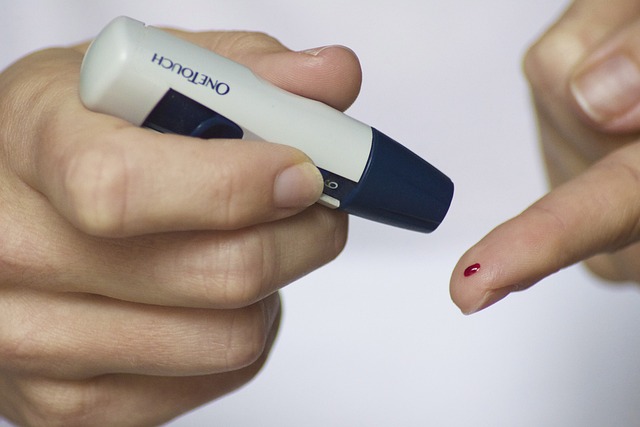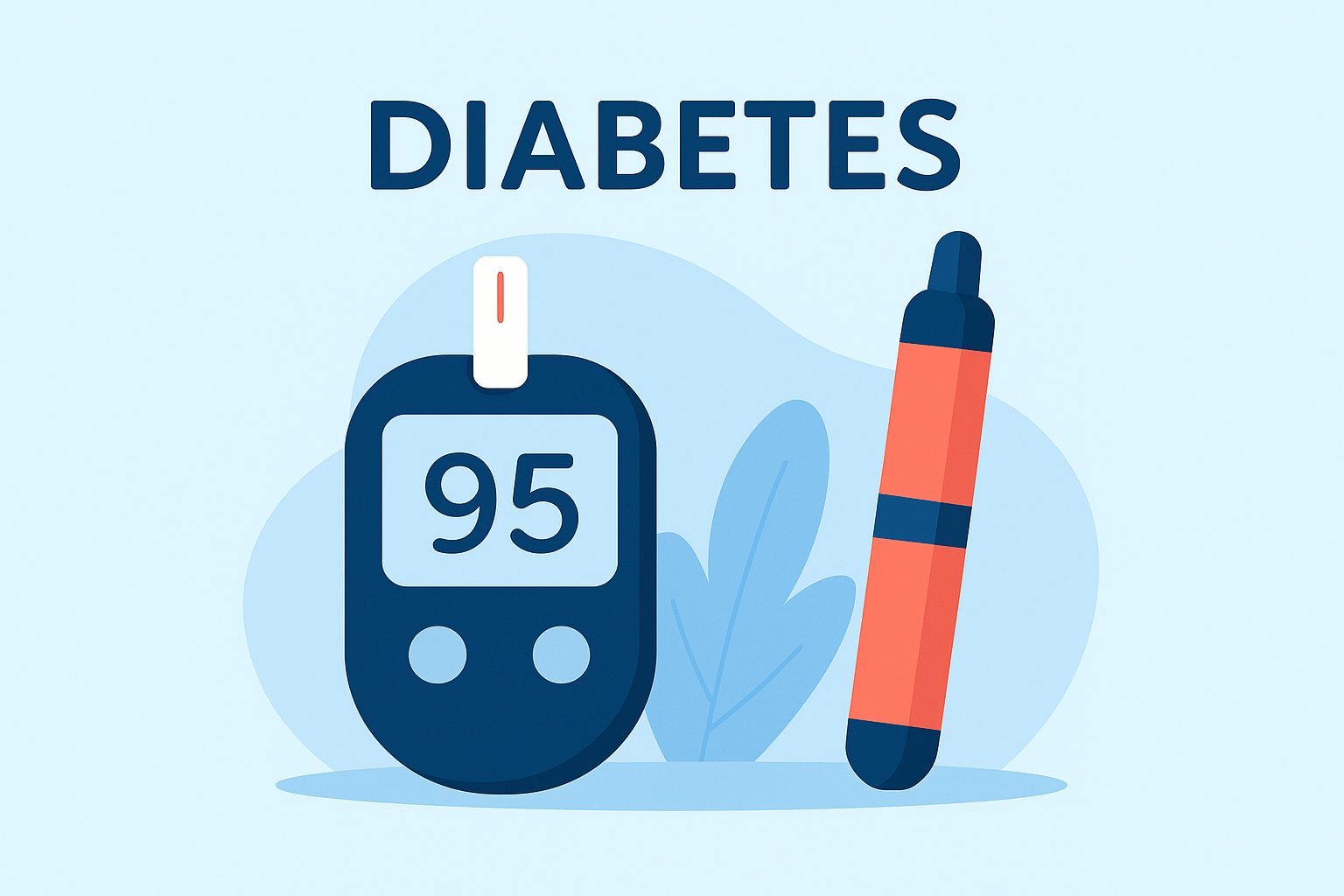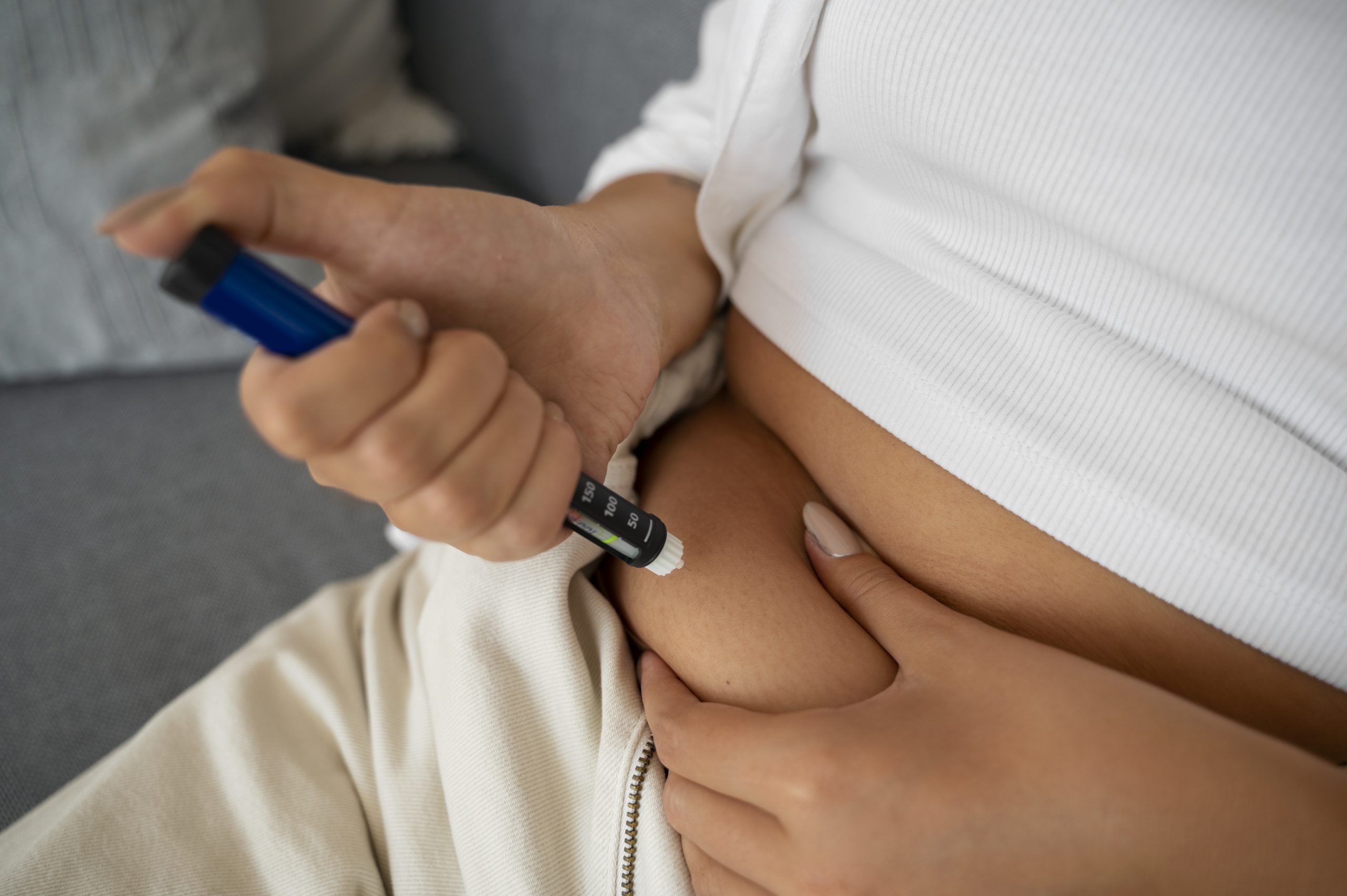-

Can diabetic neuropathy cause not only sensory impairment but also autonomic nervous system dysfunction?
Diabetic neuropathy can affect not only peripheral nervous system symptoms like numbness and pain in hands and feet but also cause autonomic nervous system dysfunction, leading to various bodily issues such as indigestion, urinary problems, and orthostati
-

Should diabetic patients take their medication as usual even during acute illnesses like fever or diarrhea?
During acute illnesses such as fever, diarrhea, or vomiting, blood sugar levels can fluctuate significantly. Taking the usual dose of medication might lead to hypoglycemia or hyperglycemia. It’s essential to consult a healthcare professional to adjust med
-

Should diabetic patients change their insulin injection sites every time?
If insulin injection sites are not rotated, the subcutaneous tissue can harden or accumulate fat, leading to irregular insulin absorption. This can make blood sugar control difficult, so rotating injection sites is crucial.
-

Can diabetic patients see significant improvement in blood sugar control just by losing weight?
Especially for overweight or obese Type 2 diabetic patients, weight loss is very effective in improving insulin resistance and lowering blood sugar levels. Some patients may even achieve normal blood sugar levels through weight loss alone.
-

Does HbA1c, one of the tests for diagnosing diabetes, reflect the average blood sugar level over the past 3 months?
Glycated hemoglobin (HbA1c) measures how much glucose is attached to hemoglobin in red blood cells. It accurately reflects the average blood sugar level over the past 2-3 months and is used as an important indicator for diabetes diagnosis and blood sugar
-

Is diabetic ketoacidosis (DKA) an emergency condition that primarily occurs in Type 2 diabetic patients?
Diabetic ketoacidosis (DKA) is a serious complication that occurs when there is an absolute lack of insulin, and it is more common in Type 1 diabetic patients who have little to no insulin production.
-

Does Continuous Glucose Monitoring (CGM) allow real-time tracking of blood sugar changes throughout the day?
Continuous Glucose Monitoring (CGM) continuously monitors blood sugar levels via a sensor inserted under the skin, helping users track real-time blood sugar changes and understand trends throughout the day.
-

Can psychological stress worsen blood sugar levels in diabetic patients?
Psychological stress can increase the secretion of stress hormones, which can raise insulin resistance and elevate blood sugar levels. Therefore, stress management is very important in diabetes care.
-

Are diabetic patients more susceptible to oral diseases like periodontitis?
Diabetic patients have a higher risk of developing oral diseases such as periodontitis and tooth decay than the general population due to weakened immunity and poor circulation when blood sugar is not well controlled.
-

Should diabetic patients always keep insulin or medication in their carry-on luggage when traveling internationally?
Insulin and some medications are sensitive to temperature changes, and checked luggage can be exposed to extreme temperatures, risking potency degradation. Also, to avoid traveling without medication if checked luggage is lost, it is always safer to keep
DangTalk download | PESS Mining | PiSTORE | Naver Cafe
